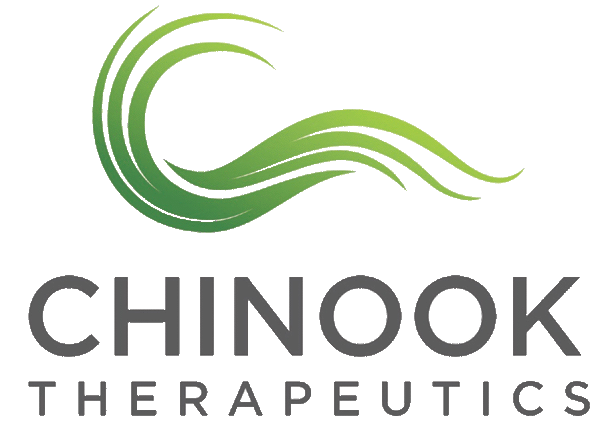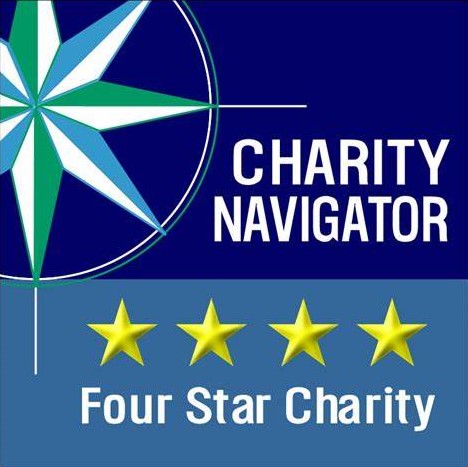Kidney Patients Put Innovation and Access on National Agenda
Discussions with Elected Leaders, Policy Meetings Inform 2023-2024 Priorities
WASHINGTON, D.C. – The American Association of Kidney Patients (AAKP), the nation’s oldest and largest independent kidney organization, today previewed major elements of their forthcoming National Kidney Patient Consumer Policy Agenda set for release in early 2023. Those elements include far greater emphasis on disruptive innovations in kidney medicine, including artificial implantable and wearable organs and xenotransplantation, and issues related to coverage and payment for safe new therapies approved by the U.S. Food and Drug Administration. AAKP is nationally and globally recognized as a leading voice for greater patient care choice, the protection of the patient/doctor relationship, and innovations in kidney disease prevention and treatment.
A new generation of FDA-approved, safe therapeutics designed to slow kidney disease progression and address burdensome medical conditions common among kidney patients have entered consumer markets in the past several years. Interest among medical professionals and patient consumers in therapies that prevent needless suffering and avoidable costs within the healthcare system and to taxpayers is skyrocketing, especially among those suffering from Type 2 diabetes and those at-risk for kidney failure, facing a future of dependence on dialysis or need for a kidney transplant. Unfortunately, some payers have blocked timely patient access to these therapies, triggering tremendous frustration among patient advocates and kidney care providers. Recent meetings of the FDA’s Cardiovascular and Renal Drugs Advisory Committee (CRDAC) have also recommended approval for additional new therapies aimed to ease patient burdens for anemia and phosphorous management. Those recommendations are pending a final FDA decision.
The National Kidney Patient Consumer Policy Agenda is a distinct, patient-centered policy agenda focused on the evolving short-term and long-term interests of kidney patients – as defined by the patient community. AAKP recently held two major national policy events to inform the upcoming agenda with insights from patients, industry, research professionals, and federal officials. On November 16, 2022, AAKP hosted its 5th Annual Policy Summit, the first kidney community event following the 2022 Congressional elections. Congressman Larry Bucshon (R-IN), Co-Chair of the Congressional Kidney Caucus, provided strong opening remarks which encouraged greater patient care choice, wider collaborations among patient consumers and private sector innovation leaders, and the need for patients to raise their voices to Congress when barriers to timely access to new FDA-approved kidney therapies are encountered. Watch a clip of Congressman Bucshon’s remarks here, watch his full comments here, and read his full statement here.
In 2019, AAKP declared The Decade of the Kidney™ to build national and global consensus for greater investments in kidney research, the involvement of new investors and industries within kidney medicine, and the advancement of new care technologies. Status quo treatments kidney patients currently depend upon, including in-center hemodialysis, are based on decades-old technologies, are extremely burdensome, drive dependency on disability income assistance, and often deny those who want to continue their careers the capacity to maintain part-time or full-time work.
On October 17, 2022, the AAKP hosted a Chronic Kidney Disease Awareness Roundtable at the National Press Club, highlighting kidney health and chronic kidney disease (CKD) issues, including early detection and diagnosis, innovations in treatments, and disease education. The roundtable focused on topics including the need for substantive patient-centered medicine and the implications of renal issues from diabetes to transplant. Participants discussed the historical lack of innovation in the kidney disease space, the prospect of more therapeutics following new investments by industry, and how the lack of patient care choice of, and access to, new treatments impact disparate outcomes and wider discussions about equity. The event also highlighted government efforts to better engage stakeholders, including kidney patients, in policy development. Speakers included Dr. Susan E. Quaggin, President, American Society of Nephrology (ASN); Benjamin Eloff, PhD, Director, Innovation Management, Office of the Assistant of Health, U.S. Department of Health and Human Services (HHS); Kate Blackwell, MPH, Deputy Division Director, Center for Medicare and Medicaid Innovation (CMMI), Centers for Medicare and Medicaid Services (CMS); and Melanie Egorin, PhD, MA, Assistant Secretary for Legislation, U.S. Department of Health and Human Services (HHS).
AAKP President Edward V. Hickey, III, USMC, stated, “AAKP has tremendous regard for Congressman Larry Bucshon and his empathy, as a doctor and legislator, for kidney patients who suffer and are in need of better care solutions. AAKP has grown increasingly concerned about barriers to timely access for new, FDA-approved safe innovations in kidney medicine. The National Kidney Patient Consumer Policy Agenda will lay out core principles and policy priorities important to kidney patients and move the national dialogue away from status quo care and closer to the most important interests in kidney care – the interests of patients.” Hickey is Chair of AAKP’s Veterans Health Initiative and a former senior Congressional staff member involved in the first comprehensive Congressional initiative on brain diseases. He has served in two presidential administrations, including roles as a liaison to national Veteran Service Organizations.
AAKP Chair of Policy and Global Affairs Paul T. Conway, a 25-year kidney transplant recipient, stated, “Congressman Bucshon is a champion for kidney patient consumers and understands the practical concerns of patients managing kidney disease and their frustrations regarding the shortcomings associated with current disease diagnostics, drugs, and devices. Kidney patient consumers have definite ideas about how innovations can increase their independence and health, and strong views about the policy solutions necessary to transcend status quo care. AAKP is committed to working with friends and allies, including Congressman Bucshon and other Members of Congress, to insert these ideas into policy deliberations and to make certain decisions made on their behalf reflect their interests.” Conway has served in three presidential administrations and is a former Chief of Staff of the U.S. Department of Labor and the U.S. Office of Personnel Management.
Throughout 2022, AAKP has conducted a series of patient insight surveys and produced over 50 expert webinars and educational sessions featuring over 150 medical and patient subject matter experts and reaching over 90 countries. The insights gained from these surveys and the medical experts topics, which included clinical trial design and recruitment, emerging kidney research, expanded use of patient insight and preference data across the product development lifecycle, and current federal regulatory and payment processes, will further inform the National Kidney Patient Consumer Policy Agenda. AAKP patient advocates are known for their direct engagement in top kidney disease research efforts (learn more) and are active contributors as authors and co-authors in peer-reviewed medical journals, including the Clinical Journal of the American Society of Nephrology (CJASN) and other publications (learn more).
Also during 2022, AAKP launched its AAKP Patient Voice Patient Choice™ initiative, which provides a sophisticated, interactive platform to help patients, their family members, clinicians, and others of goodwill concerned about status quo kidney care engage commercial insurers and the Centers for Medicare and Medicaid Services (CMS) on coverage decisions that undermine patient access to new FDA-approved treatments (www.patientvoicepatientchoice.org). The campaigns encourage barrier removal through patient advocacy tools, including social media, letters to insurers and shareholders, online petitions, and Congressional contact software. AAKP has also witnessed a rapid expansion in its growing voter registration initiative, AAKP’s KidneyVoter™. Launched in 2018, KidneyVoter™ unites and empowers the wider kidney community as an organized constituency in national policy deliberations. The KidneyVoter™ effort is the only voter registration campaign in the kidney community, and AAKP has announced their plan to have over 500,000 KidneyVoters™ engaged and mobilized by 2024.
Kidney disease has an incredibly alarming and growing impact on Americans and their families and a disproportionate impact across minority, underserved, and rural communities. The human burdens and costs to patients, their families, and the American taxpayer are immense. Up to 37 million Americans are estimated to have kidney disease, and according to the Centers for Disease Control (CDC), 90 percent of patients are unaware that they suffer from the disease. Kidney disease and kidney failure exact a heavy toll on patients, families, and the American taxpayer, with Medicare costs alone estimated at 120 billion dollars. Status quo kidney care is characterized by late disease diagnosis, outdated dialysis technologies, disparate treatment access, long waiting times for organ transplants, and extremely high mortality rates.
###
About the American Association of Kidney Patients (AAKP): In the past decade, AAKP patients have helped gain lifetime transplant drug coverage for kidney transplant recipients (2020); new patient-centered policies via the White House Executive Order on Advancing American Kidney Health (2019); new job protections for living organ donors from the U.S. Department of Labor (2018); and Congressional legislation allowing HIV-positive organ transplants for HIV-positive patients (2013). AAKP virtual platforms and social networks are internationally known for their impact. Follow AAKP on social media at @kidneypatient on Facebook and @kidneypatients on Twitter, and visit www.aakp.org for more information.






























